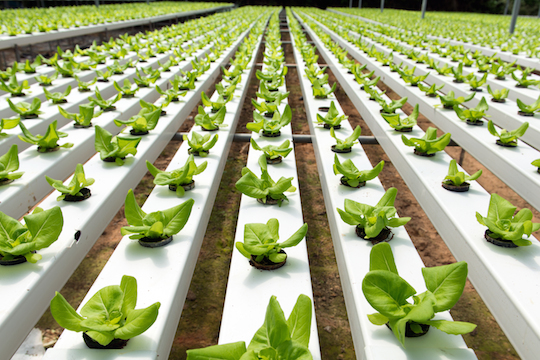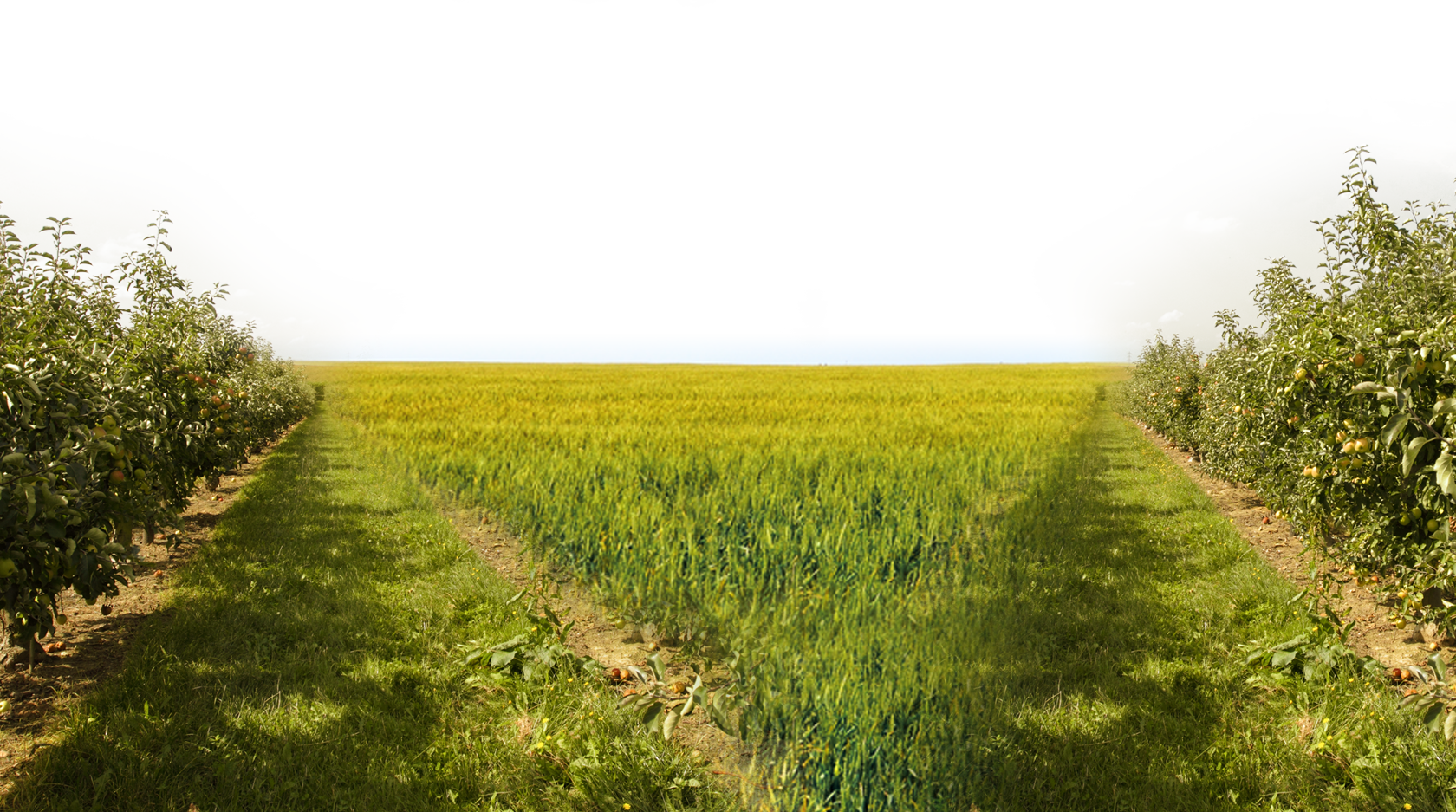
Is Hydroponic Farming Organic?
By Oatie at Wild Oats | 0 Comments | Posted 11/29/2016
Here at Wild Oats we’re all about organics and informing our community on how to nourish their bodies and minds with the best. In most recent news, it’s hydroponic and aquaponic farming, in fact, this alternative method of producing fruits and vegetables has become so popular, Silicon Valley entrepreneurs are pouring their money into it like gold!
Currently, this soil-free produce is considered organic by the U.S. Department of Agriculture, but traditional farmers are rallying together to fight it.
Each side has their own arguments and pros and cons to soil vs. non-soil method of farming, but it all boils down to what is certified organic and what isn’t.
Let’s break it down….
The Organic Foods Production Act of 1990 states: “An organic plant shall contain provisions designed to foster soil fertility, primarily through the management of the organic content of the soil through proper tillage, crop rotation, and manuring.”
Hydroponic Farming: By definition, Hydroponic farming is “a high-tech growing method, where vegetables are grown without soil. The roots of the plants are grown in a nutrient solution or in a medium such as perlite or gravel.”
Pros:
- Reduces water use – which is quite a large pro when you consider major droughts in the U.S. such as California.
- Helps the wildly growing demand of organic produce. According to the New York Times – “Sales of organic food in the United States hit $40 billion last year, sending grocers scrambling to find enough organic produce to fill their cases.”
Cons:
- Proper lighting and nutrient water is expensive.
- Does not use naturally enriched soil to grow plants instead uses artificial nutrients and grows produce in other forms of substrate such as coconut husks.
- When buying organic food – people are not told if they are grown in the soil or via hydroponic method.
Organic Farming
According to Organic Farmers everything about Hydroponic Farming is NOT organic, to them, the law is clear – there is no soil and therefore it cannot be organic. As Sam Welsch, chief executive of OneCert, puts it, “There are things the law and regulations require you to do to the soil that you cannot do in a hydroponic system.” Another issue these Farms have is that they claim the U.S.D.A has been illegally allowing this to happen and not informing consumers that when they are buying organic produce, many of the items are actually being grown in green houses and not in soil.
What are your thoughts? We would love to know, share with us in the comments section below.
To learn more: What’s Organic? A Debate Over Dirt May Boil Down to Turf


 Contact us
Contact us


























